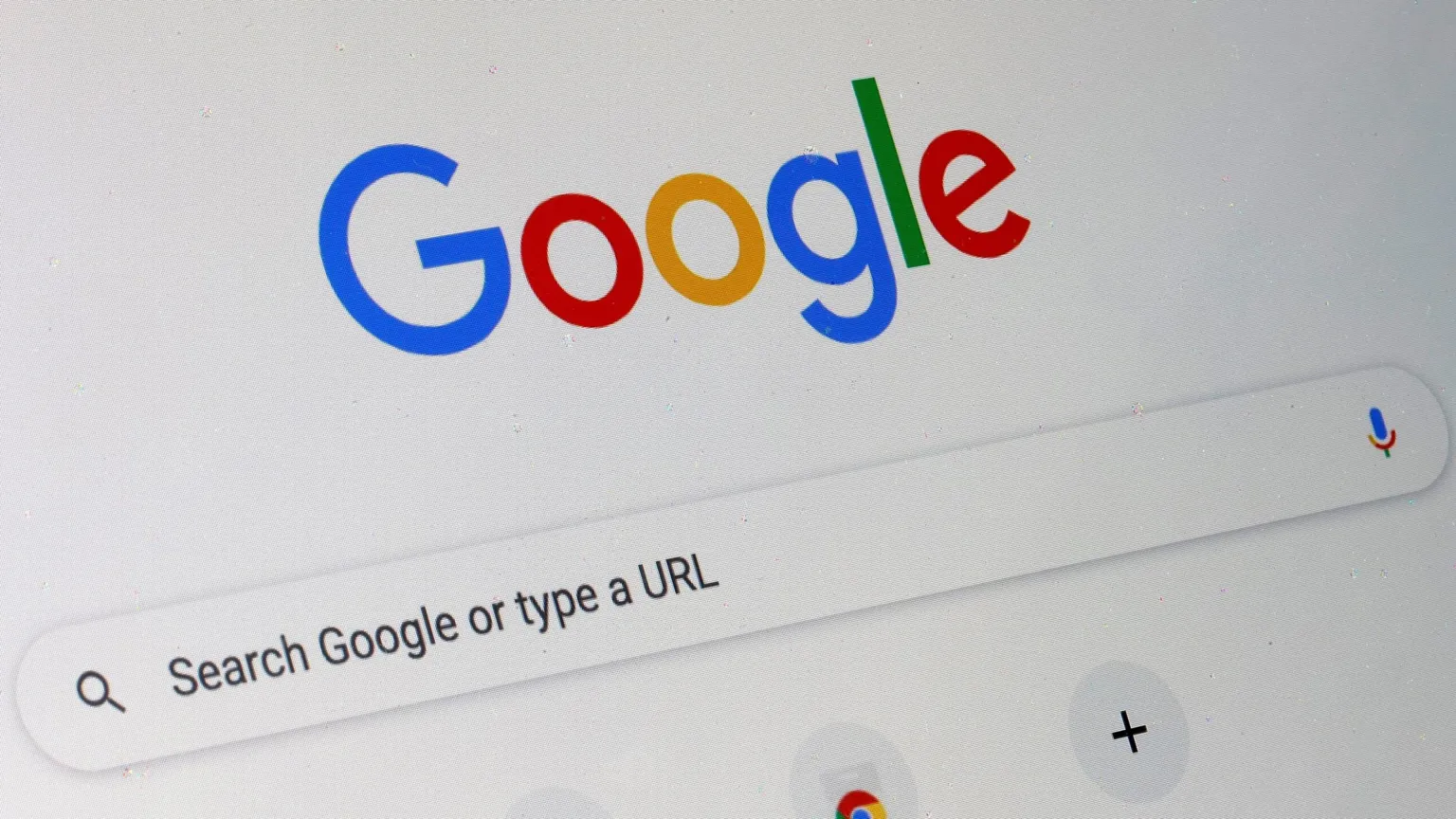US Government Weighs Breaking Up Google Following Landmark Antitrust Ruling
The U.S. government is reportedly considering one of the most significant regulatory actions in tech history: the potential break-up of Google, the world’s largest search engine. This follows an August court ruling that found Google guilty of stifling competition in the online search market, which the Department of Justice (DOJ) claims has caused “pernicious harms” to American consumers.
If the DOJ moves forward with proposed remedies and they are approved by the court, this would represent a major intervention aimed at curbing Big Tech’s dominance. The DOJ accuses Google of leveraging its ecosystem of products—such as the Chrome browser and Android operating system—to maintain a monopoly on search traffic and online advertising.
Google, which controls around 90% of global online searches, is pushing back. The tech giant has labeled the proposals as “radical” and “sweeping,” arguing that breaking up its business would harm consumers, businesses, and developers. The company claims the remedies could increase prices for users by forcing services like Chrome and Android to become paid products.
DOJ Accusations and Proposed Remedies
According to the DOJ, Google has employed a range of “self-reinforcing tactics” to prevent competitors from gaining ground in the online search market. The lack of competition, the DOJ argues, has allowed Google to charge inflated rates for ads while delivering lower-quality advertising services. The government is exploring measures that could prohibit Google from using its platforms like Chrome, Google Play, and Android to give preferential treatment to its own search engine and related products.
A detailed set of proposals is expected to be submitted by the DOJ by November 20, with Google allowed to present its counterproposals by December 20.
Google’s Response: “Government Overreach”
Google’s Vice President of Regulatory Affairs, Lee-Anne Mulholland, criticized the DOJ’s recommendations in a blog post, calling them “government overreach.” Mulholland warned that separating Chrome and Android from Google could force the company to start charging for these services, ultimately leading to higher costs for consumers.
She also pointed out that Google pays billions of dollars annually to companies like Apple and Samsung to be the default search engine on their devices, effectively subsidizing those products. If these payments were halted, she argued, it could drive up the prices of consumer devices.
Despite the DOJ’s claims, Google insists that the online advertising market is competitive. It cited a Wall Street Journal report that notes rising competition from platforms like TikTok and Amazon in the search ad space, though Google still holds over 50% of the market.
Implications for Big Tech
The potential break-up of Google could open opportunities for smaller competitors, fostering a more competitive online search market, says Xiaofeng Wang, a principal analyst at Forrester. However, she also notes that the success of smaller players would depend heavily on their ability to innovate and attract users.
This case may also set a significant precedent for other tech giants like Meta, Amazon, and Apple, who are also facing legal scrutiny for allegedly maintaining monopolistic control in their respective markets.
The outcome of the Google case could have wide-ranging implications, not only for the future of online search but also for the regulation of other dominant tech firms in the U.S.
Source : Swifteradio.com


